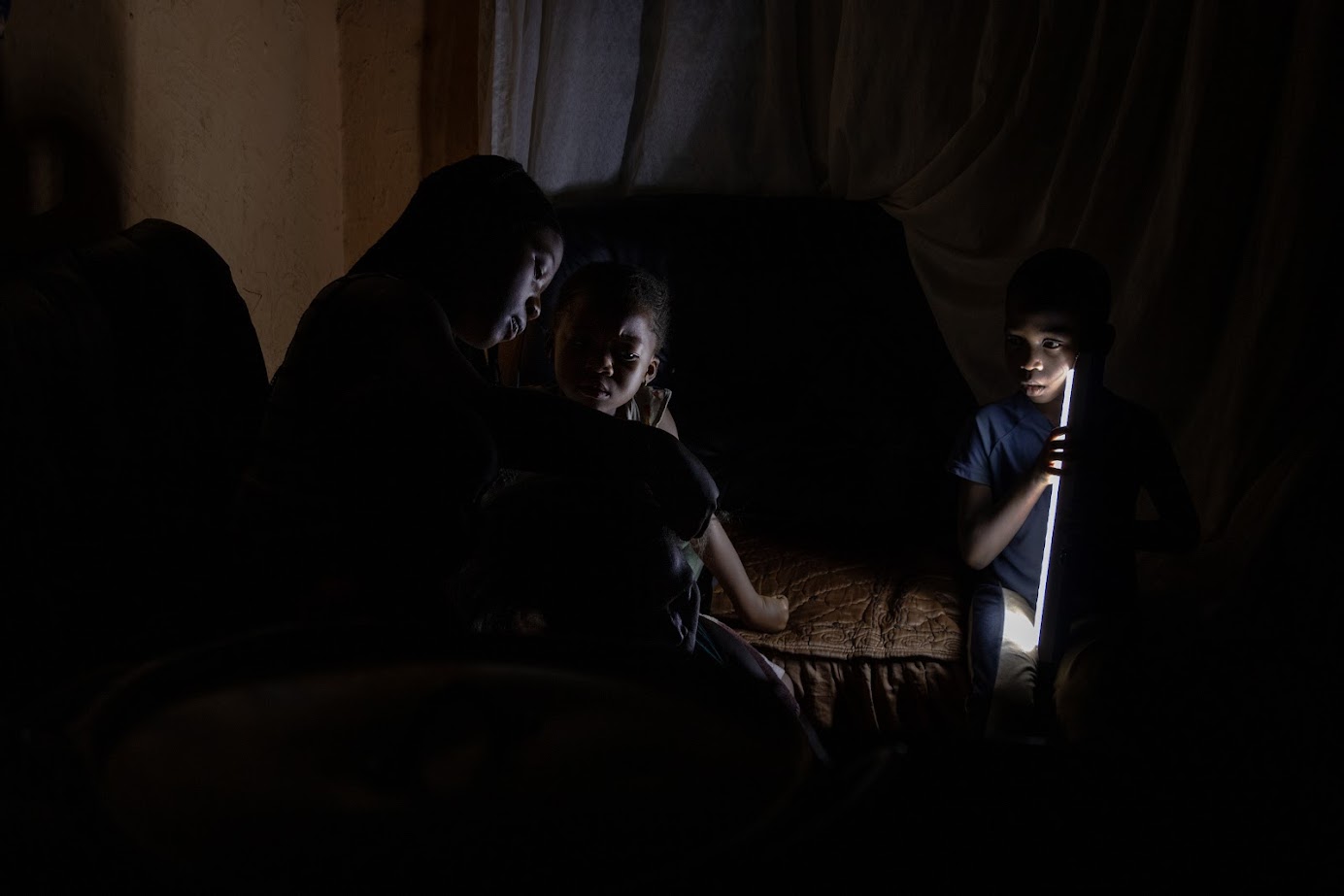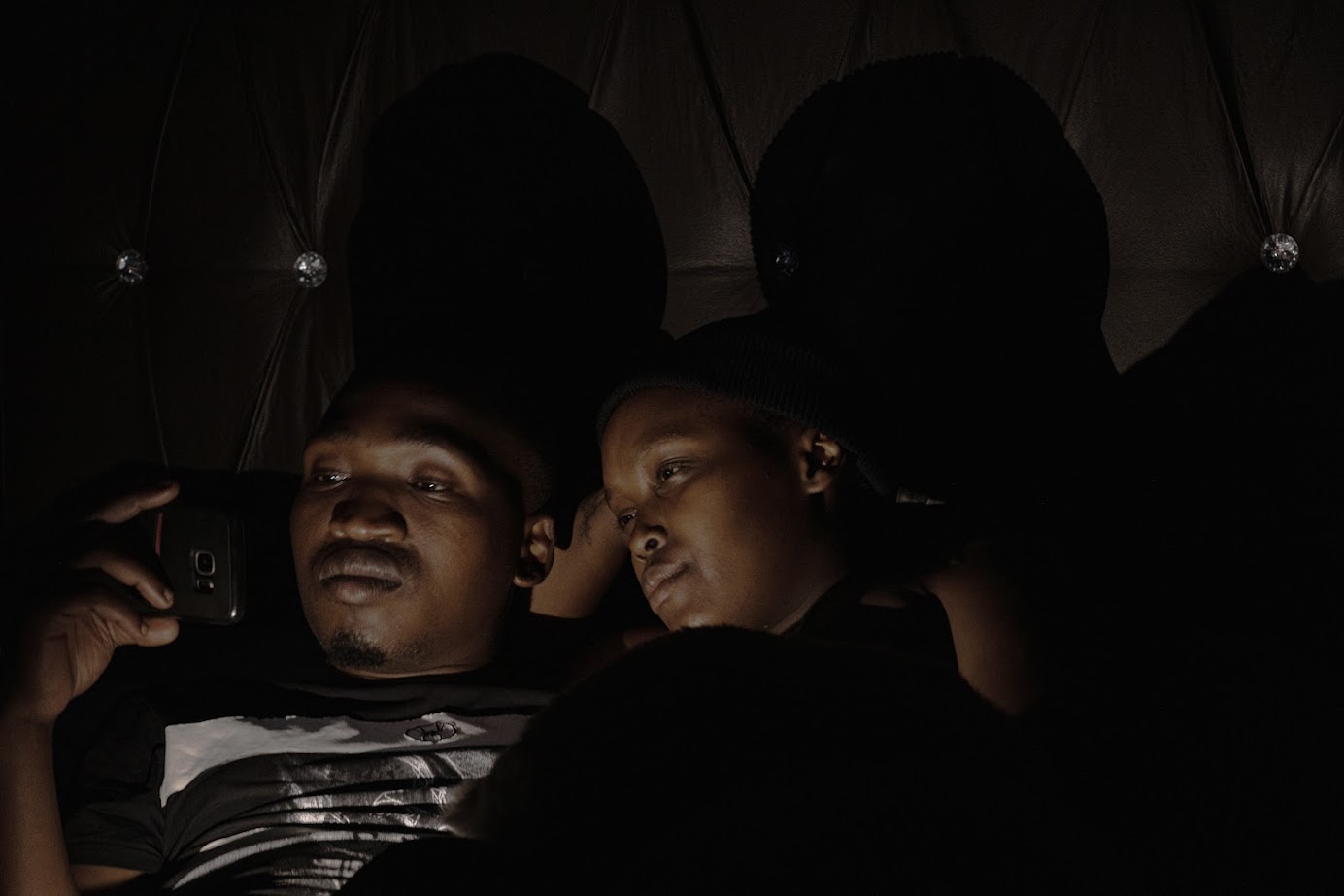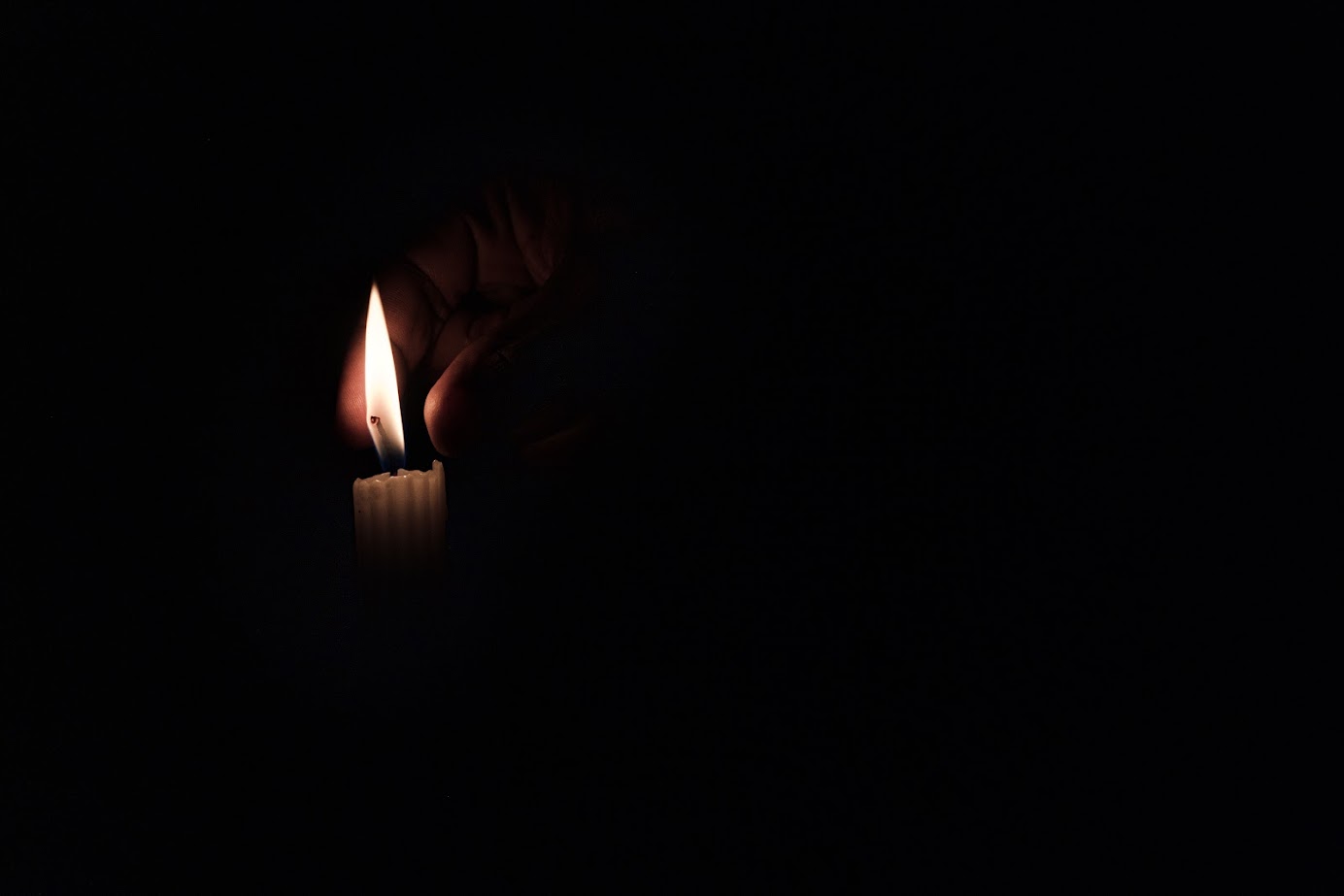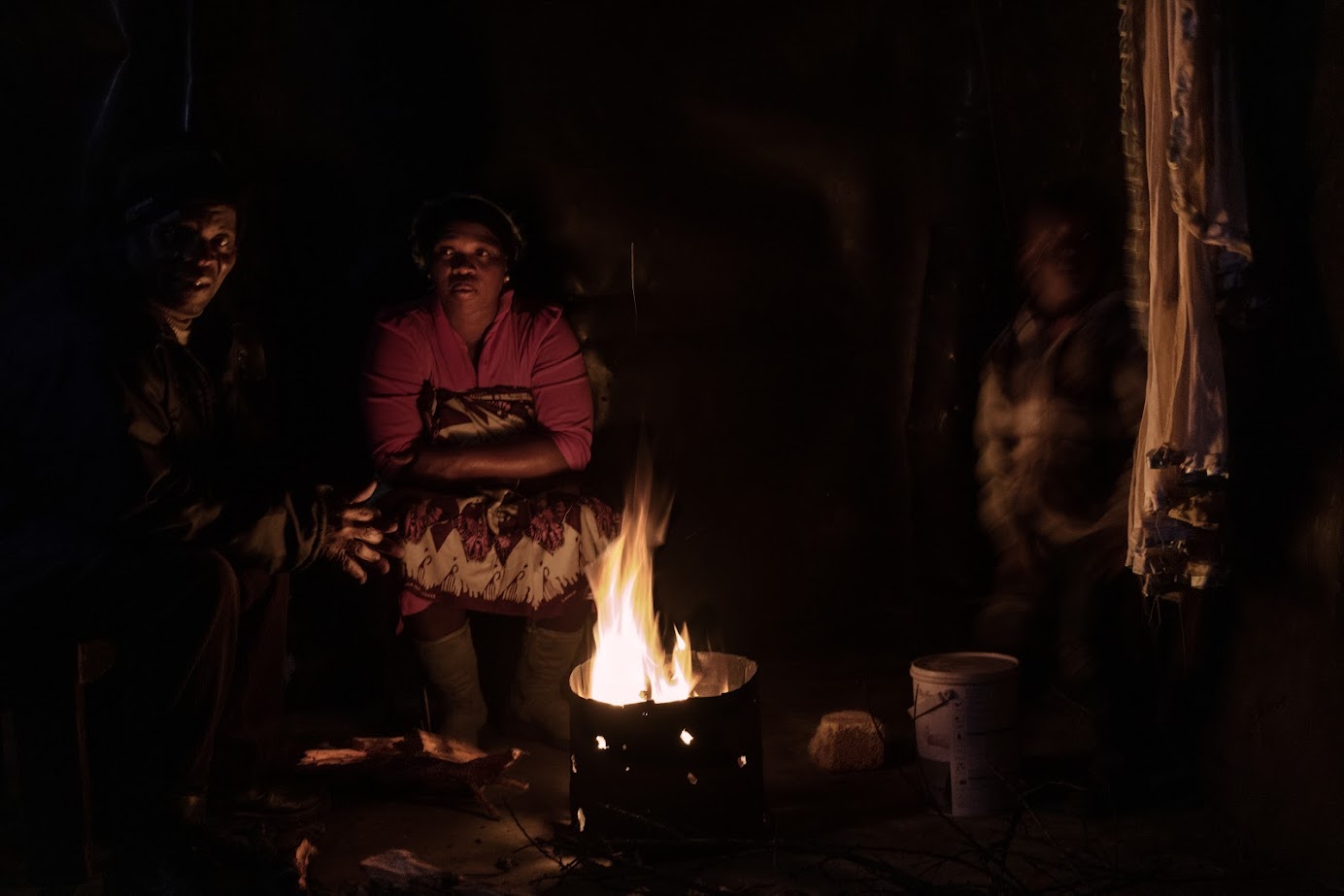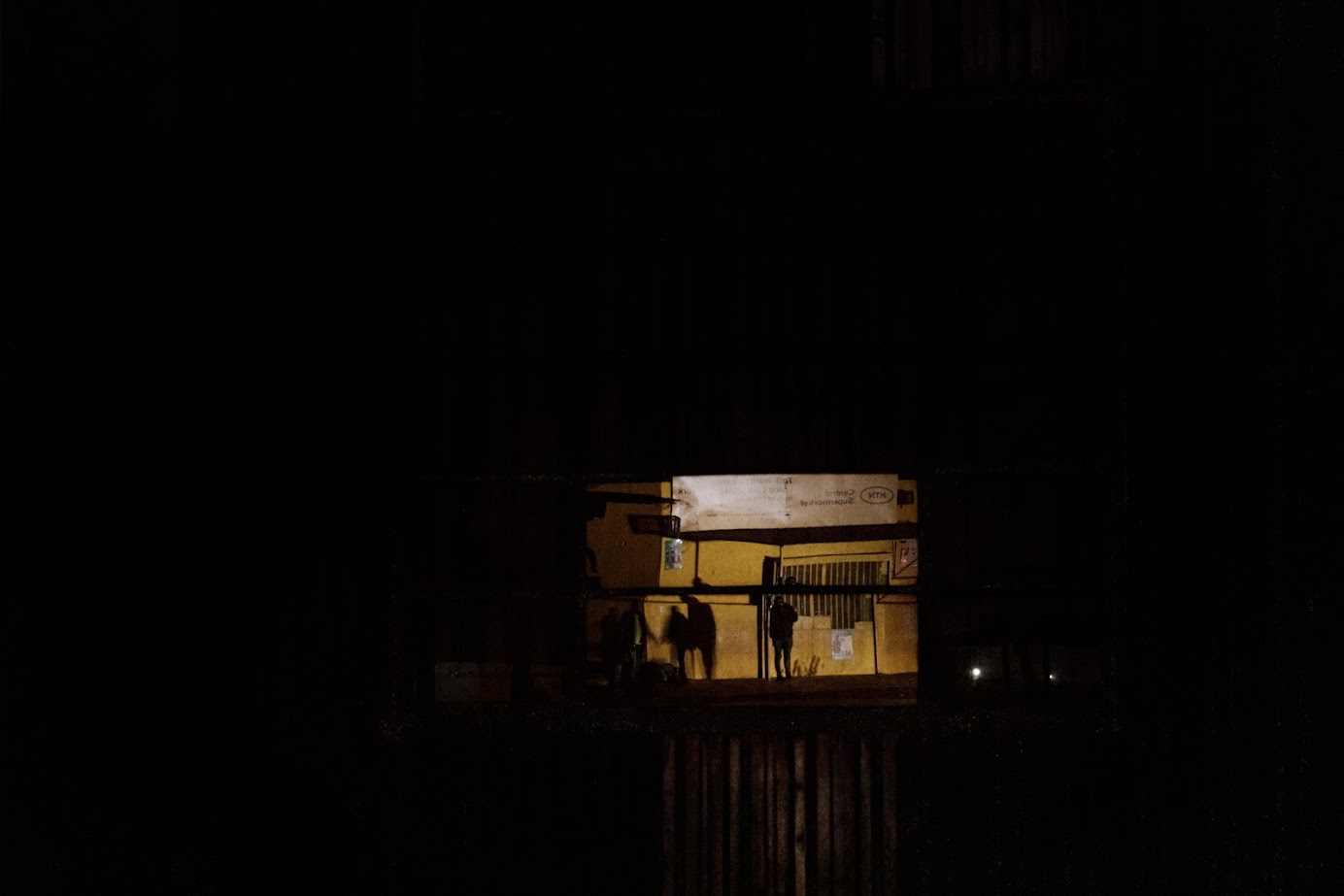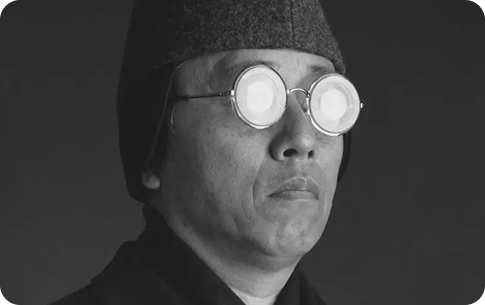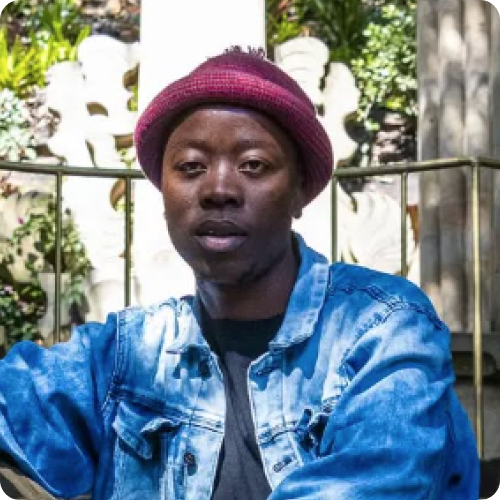
“...Everyone's story matters, regardless of who you are and where you are from…”
- Simphiwe Molefe
Born in rural KwaZulu-Natal in South Africa, Simphiwe Molefe is a 33 year old photographer who grew up in the East Johannesburg township of Palmridge, Katlehong.
“Due to a lack of appropriate play-things and games, growing up in a township, especially one with a disadvantage, requires one to be creative. This factor greatly influenced my development into the creative person I am today,” he told Global Citizen.
It was during his work as an events photographer that someone informed him about an organization called Of Soul and Joy that offers free documentary photography classes in Thokoza, a township near Johannesburg.
“It was through this organization that I first learned about the art of expressing a narrative with photographs. That's when I realized how essential it is to share your story and that everyone's story matters, regardless of who you are and where you are from. ”
This month we’re spotlighting Molefe’s series titled Impilo Iyaqhubeka which means “life goes on” in isiZulu. The collection looks at the impact of South Africa’s ongoing power crisis which is characterized by regular and extended power outages known as load shedding.
“Impilo Iyaqhubeka began as a visual narrative project I was working on for a school assignment as I'm in my final year at The Market Photo Workshop, and the advice we typically receive when choosing narratives is to choose something we have access to,” explained Molefe.
He continued: “I realized that most of the time during load shedding is when I get a break to pause for a moment in my surroundings, so I thought it would be great to document those moments. My series focuses on the consequences that a power outage has on our homes and on the dark streets, where individuals must use their phone flashlight to navigate, and those who sell on the street must utilize every available source of light to run their stalls because closing them is not an option.”
“With this series and the power of photography I believe I can raise awareness about the challenges faced by my community during power outages, shedding light on social issues like access to basic services, safety concerns, and impact on daily life,” said Molefe.
Photography during outages presented numerous challenges for Molefe himself, such as challenging his technical skill of using limited lighting which sometimes impacted sharpness in his images. There were also safety issues for him too because South Africa has high levels of violent crime and Molefe shares that “photographing in my neighborhood doesn’t guarantee safety to myself and my equipment as anything like thieves can take advantage as it’s in the dark.”
Other issues Molefe encountered included gaining trust from community members to collaborate with him in the creation of these images.
“They don’t know where these images are going to go so as a photographer I have to try by all means to represent my community in a good manner, and approach this project with respect and empathy to avoid sensationalism and stereotypes,” he explained.
Despite South Africa having one of the best constitutions in the world, the country’s civic space remains an issue. The CIVICUS Monitor downgraded the country’s civic space rating from “narrowed,” to “obstructed” — the third worst rating a country can have. Meaning that the ability to speak up and stand up against issues that affect human rights in the country, is limited. That’s why Molefe believes creatives like himself have a role to play in highlighting the effects of the failure of basic services such as the power crisis in South Africa.
“Load shedding has become a norm in our community and you’ll hear people celebrating and screaming when the power comes back — and that is not ok,” he said. “It shouldn’t be normalized, so we as creatives and activists should keep on challenging these issues with the aim of creating awareness that can activate change.”
He added: “The power of art is that it can initiate and facilitate meaningful dialogues, bringing together people with different views to engage in constructive conversations about important issues so let’s keep on documenting these moments.”
MENTOR: Muhammed Muheisen | Photographer and documentary maker
MOLEFE'S WORK

Global Citizen’s Emerging Creatives Program provides a platform for emerging creatives in the Global South that are highlighting the need for open civic space worldwide. Through their art, they call for change, shine a light on social injustices, and advocate for the advancement of the Global Goals.
MEET THE MENTOR
Rakaya Esime Fetuga
POET
South African-born Simphiwe Molefe, uses his photography to show the impacts of energy issues in the country. His collection of images titled, Impilo Iyaqhubeka, translates to mean “life goes on” in isiZulu and looks at how every day members of his community cope with South Africa’s ongoing power crisis.
In 2023, South Africa’s civic space rating was downgraded from “narrowed,” to “obstructed” — the third worst rating a country can have. That’s why Molefe believes creatives like himself have a role to play in highlighting the effects of the failure of basic services such as the power crisis in South Africa.
